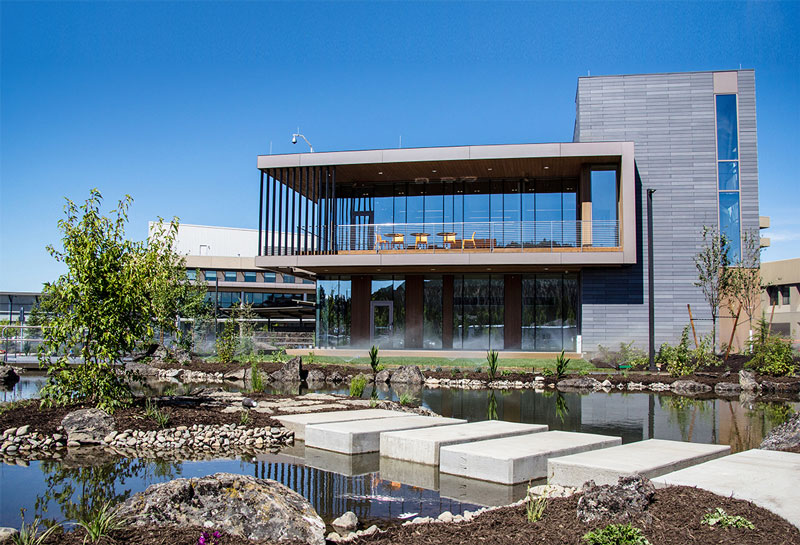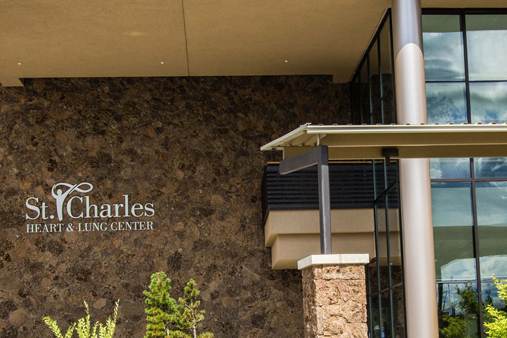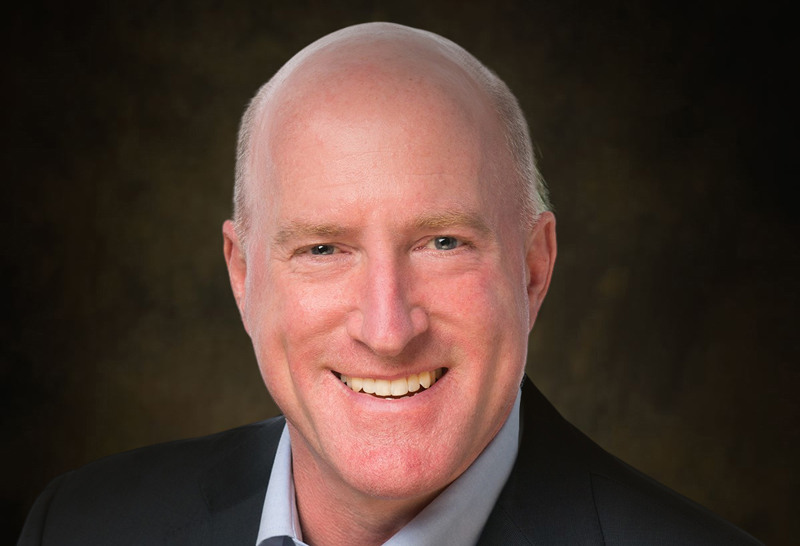St. Charles has relocated its high-risk breast cancer clinic into the St. Charles Cancer Center, a move caregivers believe will help them identify more people at increased risk for developing cancer and give those people the tools they need to reduce their risk.
The clinic – a partnership between St. Charles and Central Oregon Radiology Associates (CORA) since 2015 – was previously located in CORA’s facility on the east side of Bend. Last year, when the CORA-employed provider who staffed the clinic retired, the decision was made to move the clinic into the Cancer Center and staff it with a St. Charles-employed provider.
That provider, Stephanie Henderson, started working in January and the clinic is now seeing patients.
“Because we were already collaborating closely with CORA, it made sense for us to bring it in-house,” said Dr. Linyee Chang, senior medical director of Cancer Services for St. Charles. “It’s important for our cancer program to provide this service as it allows our comprehensive breast program to encompass the full spectrum of breast care.”
On the surface, the move simply means that patients of the clinic will go to a different location for their appointments – crossing Neff Road from CORA to the Cancer Center. But bringing the clinic into the Cancer Center and under health system administration will also improve the care provided, both now and in the future, Chang said.
In addition to enjoying streamlined policies and procedures, the provider will have more options in terms of ordering MRI scans or ultrasounds than they would at CORA because of rules against self-referral, Chang said. Also, the move will bring the clinic into closer alignment with St. Charles’ existing menu of high-risk assessment and risk-reduction strategies.
Women identified to have greater than a 20% lifetime risk for developing breast cancer are considered at high risk. If they visit the clinic, they’ll receive general education about breast cancer, learn how to reduce their risk, discuss potential treatments, develop a personalized plan for surveillance and complete a familial risk questionnaire to identify whether they may benefit from a comprehensive genetic assessment.
The Cancer Center’s genetic counselor, Brigitte Cronier, said she expects to see an uptick in patients who come to her from the high-risk breast clinic now that it’s at St. Charles.
“Genetic counseling is a big part of risk assessment, and many of the people we meet are going to be candidates for it,” she said. “At the same time, there will be plenty of people we follow for high risk because of some other factor and not because of a genetic test result. Ultimately, we just want to capture as many high-risk people as possible and make sure they know what they can do to try to stay healthy.”
Jessica Keegan is the prevention and high-risk coordinator for the Cancer Center. She said the comprehensive screening process is designed to guide people into the program that’s right for them.
“When people come to me, I’m going through and building out pedigrees with them to really look and see where they are going to be best served,” she said. “That may be genetic counseling or it may be a more frequent screening regimen. We’re looking to make sure we are giving them the best possible resources.”
Last but certainly not least, Chang and her team see the breast cancer clinic as a next step on the path to a more robust high-risk cancer program at St. Charles.
“This is just the start. We want to have high-risk lung care, high-risk prostate care, high-risk colorectal care – we’ll be identifying those and rolling out comparable programs to this one,” Chang said.
“This clinic will serve as a sort of model for how we take care of people who are at higher risk for cancer and empower them to take control of their risk and their health,” she continued. “We’re here not just to take care of people who have cancer, but to help them never develop cancer at all.”
For more information or to schedule a consultation with the high-risk breast cancer clinic, call Jessica Keegan at 541-706-6729.





